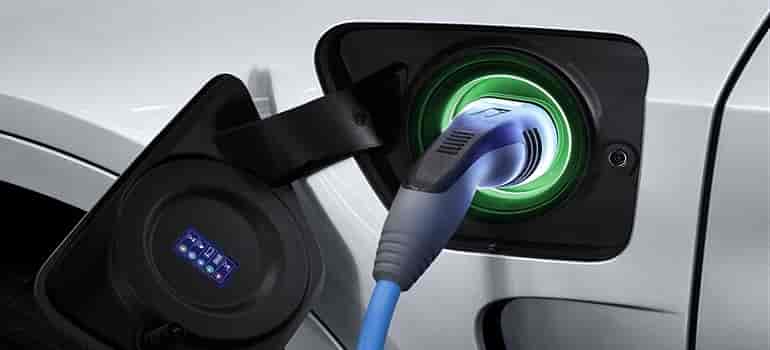NDMC to prioritize high footfall areas for charging stations to boost the adoption of electric vehicles and reduce pollution in the city.
The New Delhi Municipal Council (NDMC) is set to increase the number of electric vehicle (EV) charging stations in Lutyens’ Delhi and is considering providing battery swapping facilities at some points to encourage the adoption of cleaner vehicle options.
Delhi is among the most polluted capitals in the world, and the NDMC has been working to promote EVs as an eco-friendlier alternative.
Currently, there are around 100 EV charging stations across the national capital, but this will be the first time that some of them will have battery swapping facilities, which are commonly seen in Western countries.
The goal is to provide easy access to charging stations and save time by offering swapping facilities.
Several public sector undertakings (PSUs), including the Rajasthan Electronics and Instruments Limited (REIL) and the Kerala State Electronics Development Corporation Limited (KELTRON), have approached the NDMC to set up public charging stations.
The NDMC Vice Chairman, Satish Upadhyay, believes that the demand for EVs will increase as petrol and diesel prices rise.
The plan is to prioritise areas with high footfall for the installation of charging stations. The total number of charging stations and the mode of allotment to operators are yet to be determined. A policy will be developed for the location of charging stations, and their total number and mode of allotment.
Battery swapping involves exchanging discharged batteries for charged ones. This approach could reduce the upfront cost of vehicles by delinking the vehicle and fuel. Mr Upadhyay stated that a policy will be developed for the location of charging stations and their total number and mode of allotment.
The proposal was part of the agenda of Thursday’s council meeting but could not be discussed due to disruptions. The NDMC will present the proposal again at the next meeting and sign MoUs with PSUs for setting up public charging infrastructure


